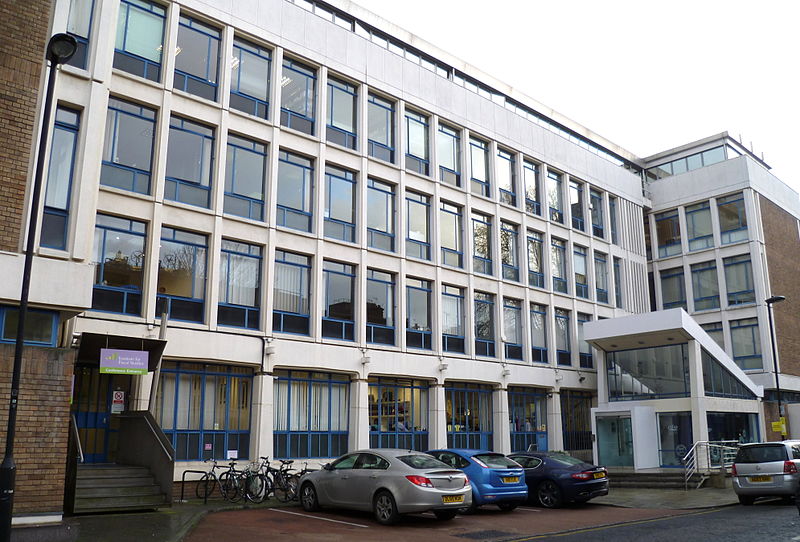
According to the Institute for Fiscal Studies (IFS), British citizens are set to face the most significant tax increase since the tenure of former Prime Minister Margaret
Thatcher. The independent think tank predicts that a growing number of individuals will be pushed into the higher income tax bracket, with 7.8 million people or 14% of adults paying a rate of 40% or more on a portion of their income starting from the 2027/28 fiscal year. This marks a significant rise from 11% in 2022/23 and a mere 3.5% in 1991/92.
Currently, UK residents pay a 20% income tax rate on earnings over £12,570 per year, while income over £50,270 incurs a 40% rate, with further increases beyond that threshold. In an effort to address the government's extensive borrowing during the COVID-19 pandemic, Prime Minister Rishi Sunak and Finance Minister Jeremy Hunt announced a freeze on these thresholds until 2028.
The IFS states that this freeze, implemented in April 2022, constitutes the most substantial single tax-raising measure since 1979 when Chancellor of the Exchequer Geoffrey Howe, under Thatcher's administration, nearly doubled the value-added tax rate to 15%. The recent surge in inflation has caused nominal earnings for many workers to rise, subsequently propelling them into higher tax brackets, explains Isaac Delestre, an economist at the IFS.
It is worth noting that the Conservative Party vowed not to raise income tax rates in its 2019 election manifesto. However, the budgetary decision by Sunak and Hunt followed a period of market turmoil caused by former Prime Minister Liz Truss and her finance minister Kwasi Kwarteng, who proposed £45 billion in unfunded tax cuts.
The IFS also highlights that a larger proportion of public sector employees, including nurses and teachers currently engaged in industrial action over pay and conditions, are expected to become higher-rate taxpayers. Furthermore, the freeze is anticipated to contribute to a decline in living standards.
The IFS estimates that approximately one-third of the projected record decline in household incomes this year can be attributed to this tax hike. Despite this development, Sunak, who is anticipated to call for a national election next year, has expressed a desire to reduce taxes whenever feasible. Photo by Philafrenzy, Wikimedia commons.


































